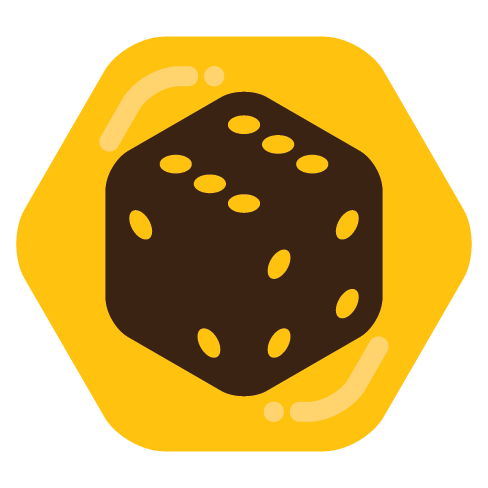With the increase of accessibility of AI for both text and art, the implications on the RPG world have been greatly apparent. I have an ongoing 5e game that I run on a Foundry server, but this can also apply to the other variety of TTRPG games out there as well.
I’ve used Stable Diffusion to create character and scene art and it’s allowed me to output high quality visuals for my players. When I’m having a hard time getting out the words I want to say, I’ve pulled up ChatGPT to help me convey the ideas. I’ve also used ChatGPT to fill out random encounter tables, come up with names, and fill out towns for flavoring. There’s still a lot of work involved and I only keep about 5% of anything that’s generated, but I feel like this is a tool that has helped me become a better DM rather than outright replace me entirely.


Something else that can help with this too:
If you’re using Bing, it can read the web page you’ve got open and use that to inform responses as context.
It can’t read anything that’s gated behind an account like a Google document, but it can read a PDF if you open it in the browser.
Due to that, I created a single document containing setting info, plot hooks, NPC details, session recaps and party details etc.
When prompting Bing I’d ask it to refer to the campaign document and that cut out a lot of the parameters I’d otherwise have needed to repeat at the beginning of each chat otherwise.
It also means it’s got access to a much wider pool of material to iterate on. For example, if I ask it to generate more plot hooks for a particular district in my city-based game, it’d cross reference NPCs and plots from elsewhere in the city, rather than providing a tailored (but generic) output.